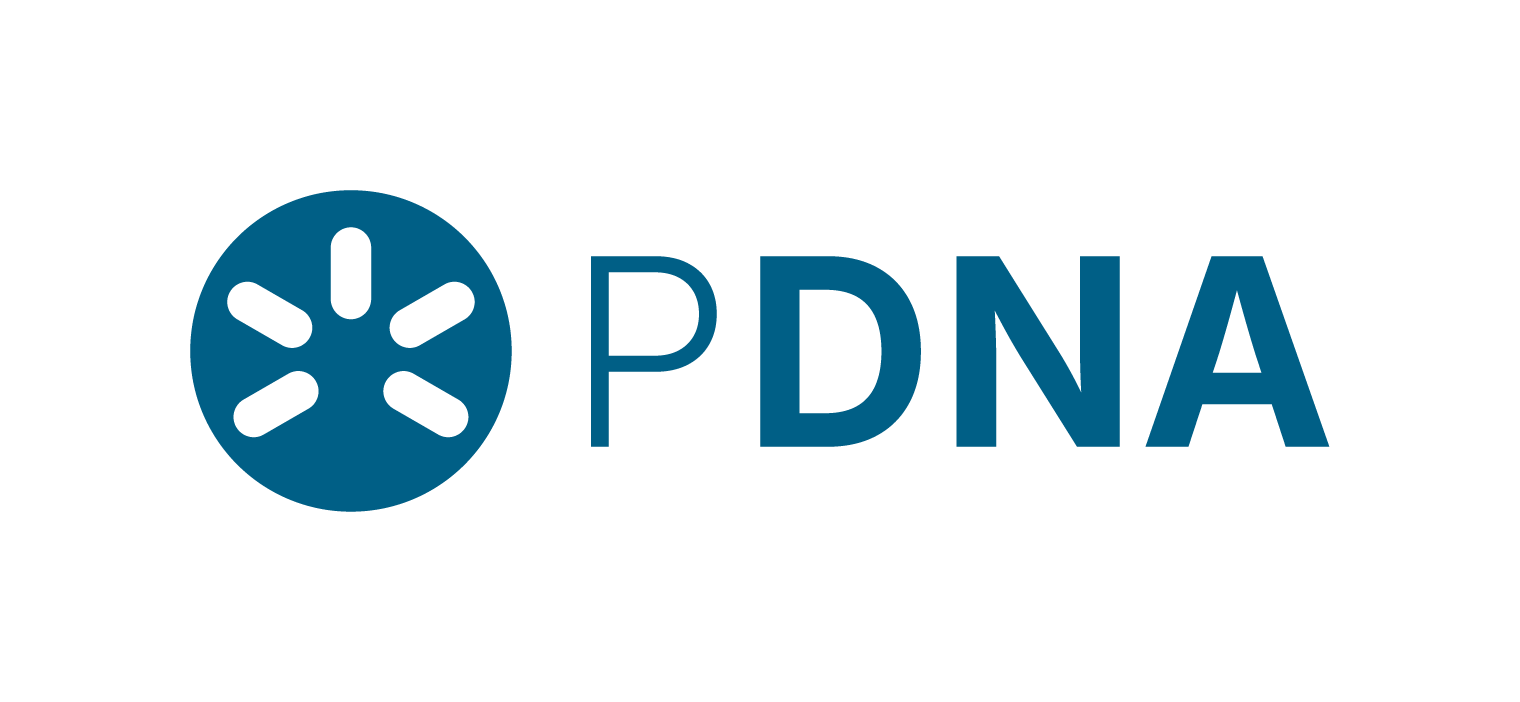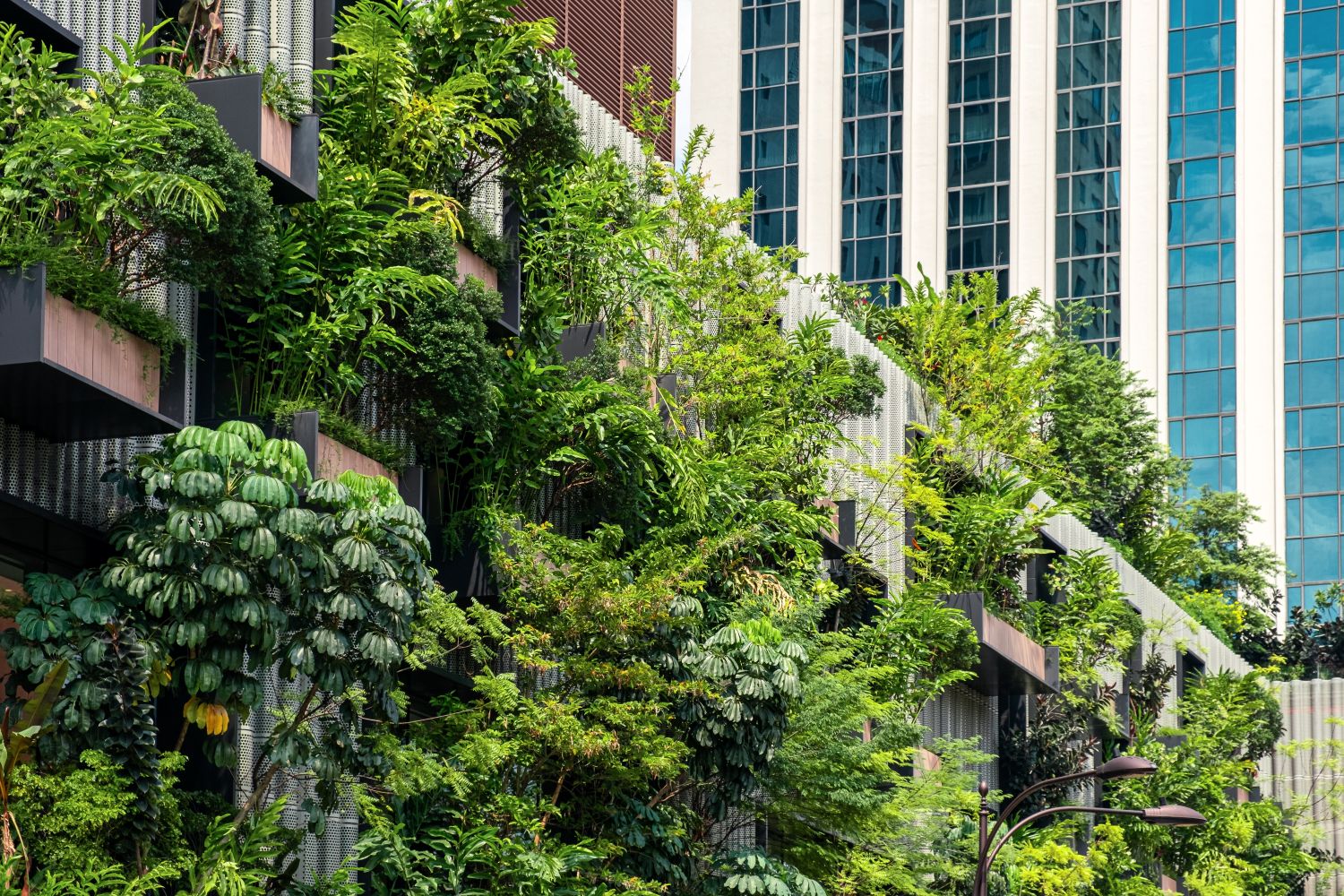We’re shaping a more responsible steel industry.
We have the opportunity to do things differently
ResponsibleSteel is a global, not-for-profit organisation created to maximise steel’s contribution to a sustainable world. Working collaboratively with our members, we have developed an independent standards and certification programme for steel via a process that uses the ISEAL Codes of Good Practice as a reference. Together, we are setting the global standard for responsibly produced net-zero steel.

We’re at a pivotal moment in the steel industry
According to ResponsibleSteel's calculations using data from RMI and the International Energy Agency (IEA), the steelmaking process, from the extraction of raw materials to the production of steel, accounts for 10% of global GHG emissions. We face a collective challenge to transform the industry, reducing global emissions while ensuring a just transition for workers and local communities.
We have over 160 members working to deliver on our mission to drive responsible steel production.
According to the IEA's Net Zero Emissions Scenario, we need to reduce steel industry emissions by at least 90% by 2050, compared to 2022.
We have over 80 ResponsibleSteel certified sites globally.
Over 230,000 workers are covered by ResponsibleSteel certification.
Over 30% of furnaces covered by ResponsibleSteel certification are EAFs.
This is the future of steel
Our members are at the heart of our work
ResponsibleSteel’s membership consists of representatives from across the steel value chain, including businesses, NGOs, trade associations, and other organisations with an interest in our mission. This means our standards are uniquely shaped by multiple perspectives, and their adoption requires the support of both business and civil society members. We encourage organisations globally to join us to create lasting impact for people and the planet.








































Certified sites around the world

Latest news & events


The future of steel sustainability: In conversation with Philippe Aubron, Head of Global Automotive at ArcelorMittal
Philippe Aubron, ArcelorMittal’s Head of Global Automotive, joined ResponsibleSteel’s Board of Directors earlier this year. We asked him a few questions on the industry’s most promising developments, growing demand for sustainable, low-emission steel, and the value of ResponsibleSteel in supporting the shift towards sustainable practices.
1. You’ve witnessed the steel industry evolve significantly over the past three decades. What do you think are the most important changes shaping the sector today?
Over the past 30 years, the steel industry has undergone a profound transformation. Today, the most significant change is the shift toward sustainability and decarbonisation. This is driven by both regulatory pressure and customer demand, particularly in sectors like automotive. Digitalisation and advanced manufacturing technologies are also reshaping how we produce and use steel, enabling greater efficiency, traceability, and innovation. The industry is no longer just about volume and cost—it’s about value, responsibility, and long-term impact.
2. What role do you see ResponsibleSteel playing in helping the industry deliver on its sustainability commitments?
ResponsibleSteel provides a credible, independent multistakeholder standard that supports transparency and continuous improvement across a broad range of ESG criteria. It helps steelmakers demonstrate responsible practices and gives customers confidence in the sustainability of their supply chains. Importantly, ResponsibleSteel is also working to align with other standards, such as the Low Emission Steel Standard (LESS) and the Initiative for Responsible Mining Assurance, to ensure interoperability and reduce complexity for producers and customers alike. This harmonisation is essential to building trust and accelerating the transition across the industry.
3. What value does ArcelorMittal see from being part of ResponsibleSteel?
The ResponsibleSteel International Production Standard is not just about emissions—it encompasses over 500 ESG criteria, from biodiversity to human rights. As the industry evolves, ResponsibleSteel will be instrumental in setting credible benchmarks and enabling customers to make informed choices. The Production Standard has been warmly received by all ArcelorMittal sites that have undertaken the certification process, which proved valuable in helping to identify opportunities to further improve ESG practices and performance. It has served to strengthen our management systems, ensuring we continue to embed robust ESG standards across our operations.
4. Where (regionally or technologically) do you see the most promising developments in sustainable steel production emerging?
ArcelorMittal is already producing low carbon emission steel in various locations around the world, although Europe remains a frontrunner due to its regulatory ambition. However, the technological path is complex and requires strong policies to address global steel overcapacity, unfair trade, carbon leakage, clean energy cost and availability, and prioritising scrap for circularity and decarbonisation within the EU. A framework to address these issues and more was set out by the European Commission in its Steel and Metals Action Plan which was published earlier this year. However, what is lacking is speed of implementation—the framework outlined in the Steel and Metals Action Plan needs to be converted into effective legislation. We remain hopeful that this can be achieved as soon as possible.
5. As Head of Global Automotive for ArcelorMittal, how is demand for low-emission and sustainable steel evolving among automotive customers? What are going to be the industry’s biggest challenges in meeting this demand?
Automotive OEMs are increasingly integrating sustainability into procurement, driven by Scope 3 emissions targets and consumer expectations. Demand for low-carbon steel is gradually increasing, but the real challenge lies in scaling supply to meet demand at a competitive cost. While some customers are already securing volumes for upcoming vehicle launches, the majority remain hesitant to absorb the higher cost associated with the 'green premium'—despite clear signals that the shift is underway. The industry must overcome high production and energy costs, limited availability of green inputs, and the need for harmonised standards. Also, more work can be done to increase circularity—for example, scrap steel buybacks—and recycling, and therefore create closed loops.
6. What drew you to join the ResponsibleSteel Board at this moment in the industry’s transition?
This is a pivotal moment for the steel industry. The decisions we make now will shape the sector’s impact on climate, communities, and the economy for decades to come. I joined the ResponsibleSteel Board to help ensure that the transition is ambitious, credible, and inclusive. With my background in automotive and global operations, I hope to bring a practical perspective to the table and help bridge the gap between producers and end-users.


August 2025 Newsletter
This month marks a major milestone: EMSTEEL Group is the first site in the MENA region to achieve ResponsibleSteel™ Certification – a benchmark in a region set to play a vital role in the industry’s transition.
We invite members to share feedback on potential updates to ResponsibleSteel's GHG claims through our survey. Your input will inform the Board’s next meeting, so please make sure your voice is heard.
Our new case study, with SIJ - Slovenian Steel Group, highlights how certification provides a clear sustainability roadmap, delivering benefits such as stronger worker wellbeing and community trust. You can also explore our latest member blog from Maxion Wheels, a Reuters opinion piece from our CEO, Annie Heaton, and our upcoming Just Transition webinar in partnership with Initiative for Responsible Mining Assurance (IRMA).
Finally, we’re delighted to welcome Titan Wind Energy as our newest member and share information on upcoming events and opportunities to get involved.
In this edition, read about:
- EMSTEEL's first certification
- ResponsibleSteel's GHG claims survey
- Our first case study with SIJ Group
- Welcoming our newest member
- Take part in our standard revision
Read our latest newsletter here for more.


ResponsibleSteel: A key pillar of Maxion Wheels’ Responsible Sourcing Policy
At Maxion Wheels, our commitment to sustainability is deeply embedded in our business strategy. As a leading global manufacturer of both aluminum and steel wheels, we understand the critical role we play in the automotive industry and the broader societal impact of our operations. Our annual steel requirement amounts to 800,000 tons, covering our operations across North and South America, Europe, Africa, and Asia.
Scope 3 emissions from the steel we purchase make up the largest share of our total emissions at 56%. Reducing these upstream emissions is strategically important to Maxion Wheels’ goal of becoming a net-zero operation by 2040. To this end, we have entered into future partnership agreements with selected steel manufacturers that offer a green vision and a solid decarbonisation strategy. We actively encourage our steel suppliers to offer more sustainable options, enabling Maxion Wheels to develop solutions that fulfil our customers’ expectations.
Strong industry standards and frameworks help unify the supply chain around shared sustainability values. They also make supply chain sustainability governance more efficient and less resource-intensive. The ResponsibleSteel International Production Standard provides a benchmark on sustainable best business practices for the steel industry, and ResponsibleSteel’s Principles align with our own values as well as the expectations we have of our supplier network.
Our responsible sourcing policy reflects this commitment by awarding credit points to steel suppliers in their annual performance rating, if they are members of ResponsibleSteel. We collaborate with steel manufacturers who are committed to reducing their emissions and implementing closed-loop systems. These manufacturers are not only dedicated to minimising their environmental footprint but also to enhancing the overall sustainability of their operations. By targeting these forward-thinking steel producers, we ensure that our supply chain supports our sustainability goals.
Our ResponsibleSteel membership is a testament to our commitment to sustainability and responsible sourcing. With our holistic supply chain risk management, we continuously monitor and evaluate our suppliers, recognising and rewarding those who excel in responsible practices.
At Maxion Wheels, we are proud to be at the forefront of this important movement, leading the way towards a sustainable, net-zero future as a proud member of ResponsibleSteel.





